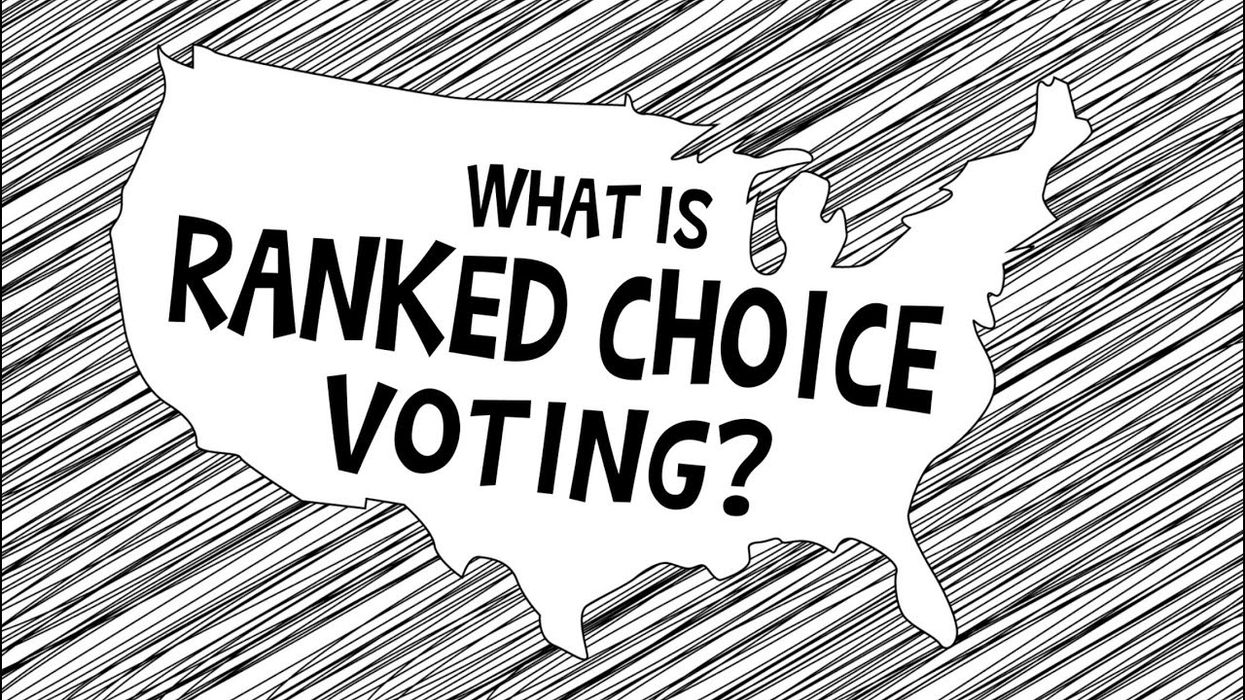Voters are evenly split on whether Massachusetts should become the second state to conduct most elections using ranked-choice voting, a decision they will make in November.
With 36 percent for the switch and 36 percent against it, 28 percent remain undecided in a poll released Tuesday — mainly because they are confused by the alternative election method or haven't yet tried to figure it out.
The numbers don't augur well for proponents of ranked elections, because support for ballot measures tends to fade as Election Day nears. At the same time, there's minimal organized opposition to bringing co-called RCV to the state, giving advocates continued hope of winning over the skeptical or ignorant in the next dozen weeks.
"I wouldn't be discouraged if I were a proponent because there is a lot of time and there's nobody making ... strong, well-funded counterarguments," Evan Horowitz of the Center for State Policy Analysis at Tufts University told WBUR, the public radio station in Boston that commissioned the poll. "But I do think it's a reason to kind of reassess how much outreach has to be done."
The Yes on 2 campaign — which has bipartisan leadership headlined by former Democratic Gov. Deval Patrick and former Republican Gov. Bill Weld — says it's raised more than $2 million to push the referendum and will launch its advertising campaign after Labor Day.
Advocates argue the system produces more consensus-driven politicians, tamps down negative campaigning, weakens the polarized red-blue hold on elective offices and boosts the prospects of womenand candidates of color. The poll suggests that none of those arguments has won over the electorate yet.
"On each one of these things, you see a lot of people saying either 'It will make no difference to that' or 'I don't know whether it would,' " said Steve Koczela of MassINC, which conducted the poll of 501 likely voters last weekend. (It had a 4.4-percentage-point margin of error.)
The measure would switch primary contests and general elections for Congress, statewide executive positions, the Legislature and some countywide posts to RCV starting in 2022. Neighboring Maine is the only other state where the system is in such wide use, but it's also being used for local elections in a score of cities across the country — with New York joining the list next year.
Massachusetts, however, was in the vanguard of ranked elections because the city council and school board of Cambridge has used the system since 1941.
In RCV contests, voters are permitted to list candidates in order of preference. One who receives a majority of the top rankings wins outright. Otherwise, the one with the fewest first-choice votes is eliminated, those ballots are redistributed based on their second place designations, and this "instant runoff" process repeats until one candidate has a majority of support.




















